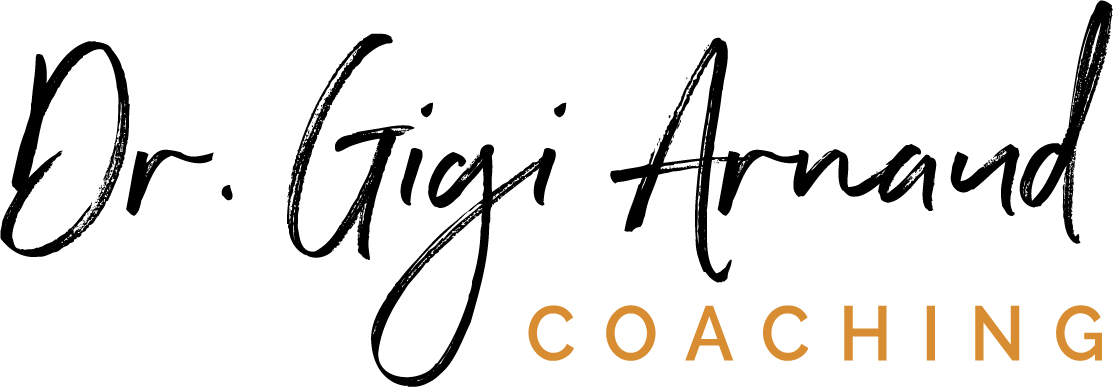Introvert………Ambivert………Extrovert: What are the Differences? (Part 2)
In Part 1, we went over some of the differences between introverts and extroverts and that most of us are ambiverts, sitting somewhere in the middle of this spectrum or continuum of PERSONALITY TYPES.
It has been found in some studies that the brains of introverts and extroverts really are different; it’s not just imaginary. Extroverts seem to respond better to social cues and rewards, while introverts are more motivated by ideas and internal rewards. On a brain level, it seems true that extroverts are more focused on the external world, and introverts on the internal world.
According to Diffen, here is an interesting Comparison Chart:
INTROVERT: EXTROVERT:
ATTITUDE: interest focused on inner activity, ideas, interest focused on external
mental world activity; actions, social world
BEHAVIOR: reserved, solitary outgoing, talkative, energetic
ENERGY: typically derived from ‘alone time.’ Being typically derived from social inter-
around other people may drain energy. Being alone action. Being around others gives
recharges. energy & being alone drains it.
BRAIN
SENSITIVITY: More sensitive to punishment & internal reward more sensitive to rewards & external
cues. reward cues.
CONVERSATION: Likes to think things through & develop an Likes to talk ideas through, developing
opinion before they talk about it. their opinions as they talk about it.
DESCRIPTIVE
LANGUAGE: Describe things more concrete, with greater Describe things more abstractly, with
detail. less detail.
RISK: Often avoid risks and engage in low-risk Willing to engage in behaviors that
behaviors. require risk.
GOALS: Often choose long-term goals over Often choose immediate gratification
immediate gratification. over long-term goals.
PRODUCTIVITY: Often more productive in an Often more productive in an environ-
environment that allows them to concen-
trate without disturbance. ment that favors collaboration.
OVERALL
HAPPINESS: Report lower levels of happiness, Report higher happiness, overall, than
overall, than extroverts. This may be because introverts.
they are less happy, but it could also be that they
are just less declarative about their feelings
than extroverts.
ENERGY:
One way to tell where you sit on this continuum is by where you get your energy. If you get lots of energy from being around others and being focused on people and being alone drains you, you are more of an extrovert. If you’re drained by being around lots of people and you get your energy recharge from ‘alone time,’ then you’re more of an introvert.
Neither introversion nor extroversion is a prerequisite for LEADERSHIP. It doesn’t describe whether you can handle social situations or whether you’re a good employee or leader. Both introverts and extroverts learn how to cope with and in the world, and can be great leaders and contributors.
Ambiverts have a balance of extroversion and introversion in their personality. Most people are considered ambiverts, sitting somewhere along this spectrum.
All of these personality types behave differently according to the setting they’re in……..
Here are some famous INTROVERTS:
-Albert Einstein (scientist)
-Queen Elizabeth II (queen for 70 years)
-Michael Jordan (athlete & entrepreneur)
-Princess Diana
-Warren Buffet (entrepreneur & philanthropist)
-Elon Musk (entrepreneur)
-Jeff Bezos (entrepreneur)
-Johnny Depp (actor)
-Mark Zuckerberg (entrepreneur)
-Lady Gaga (singer & actor)
-David Bowie (musician)
-Abraham Lincoln (former President of the USA)
-Barack Obama (former President of the USA)
-Eleanor Roosevelt (former First Lady of the USA & activist)
-Hilary Clinton (former Senator, Secretary of State of the USA)
-JK Rowling (author)
-Steven Spielberg (director)
-Beyonce (singer)
-Bill Gates (entrepreneur & philanthropist)
-Nelson Mandela (former President of South Africa)
-Eminem (rapper)
-Carl Jung (Psychoanalyst): one of the most influential psychologists of the 20th century
There are, of course, many more. This list shows you that you don’t have to be an extrovert to be a great leader. You can be any of these personality types and still be a great contributor to the world, whether in politics, psychology, the arts, business………and more.
It’s quite helpful, in your personal and professional lives, to understand which personality type you are, as well as your family, friends, coworkers and others, so that you can better understand those around you and be able to better communicate with them.
These differences in personality types is one of the many ways the world and people around us are always interesting. We can learn a lot by understanding these different personality types and appreciate the diversity and beauty around us.
With smiles and love,
Dr Gigi
Certified Life Coach NYC, Mindset Coach & Hypnotherapist
Change your Thoughts, Change your Mind, Change your World
